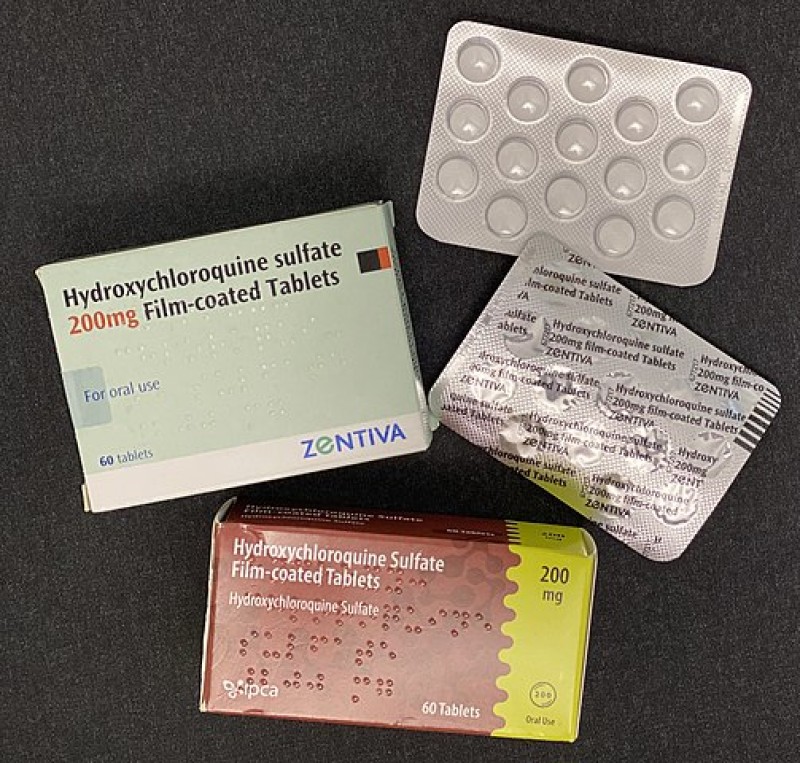Mauritania, Mali, Burkina Faso, Niger and Chad, known as the Sahel,are among the poorest countries in the world and their populations suffer from high incidence of malaria, pneumonia, cholera and other life-threatening diseases.
The reach of formal healthcare in the region is minimal and pharmacies are extremely scarce – in Chad for example, the density of pharmacies is 121 times below the global average.
According to the report, the resulting lack of formal supply of medical products coupled with low purchasing power have given rise to an illicit pharmaceutical economy.
“Street markets and unauthorized sellers, in particular in rural areas and areas affected by conflict, are sometimes the only sources of medicines and pharmaceutical products,” it said.
Medicines, typically trafficked from Europe, India and China through West African ports, may contain harmful substances and lack the ingredients necessary to make them effective.
In addition, they may be past the expiry date or deteriorated due to poor storage conditions.
The report noted that such products can be deadly, making a reference to the WHO estimate that in sub-Saharan as a whole, falsified or substandard antimalarial medicine and drugs used to treat pneumonia in children are on their own linked to nearly 500,000 deaths every year.
Consequently, trafficking in medical products constitutes an “obstacle to development in the Sahel countries,” said the report, urging the authorities to disrupt the trafficking networks and improve availability of certified medicines.



